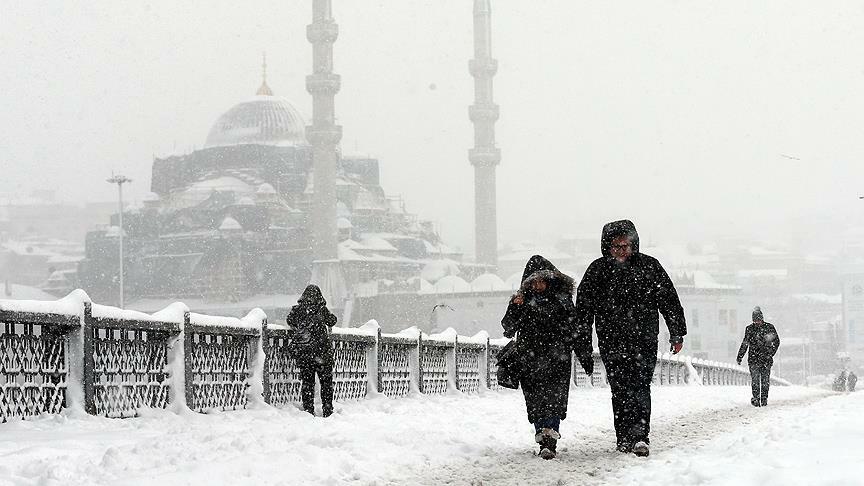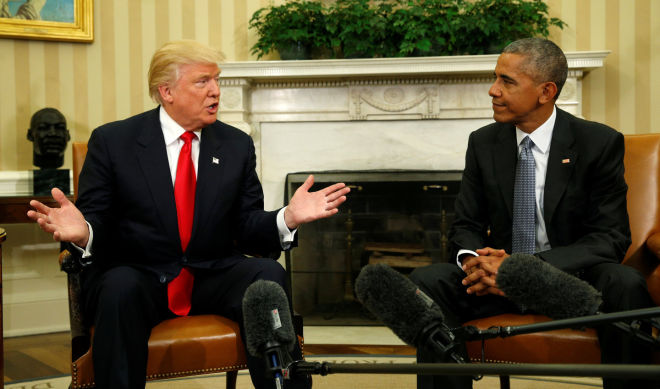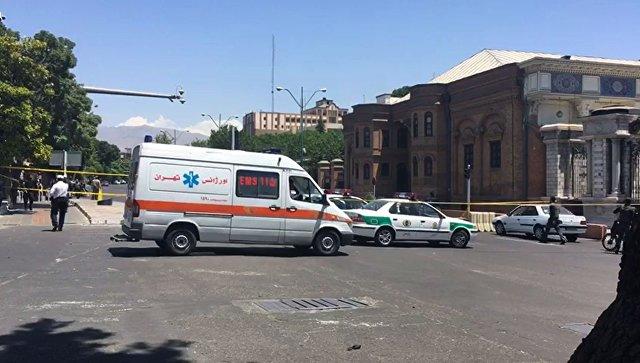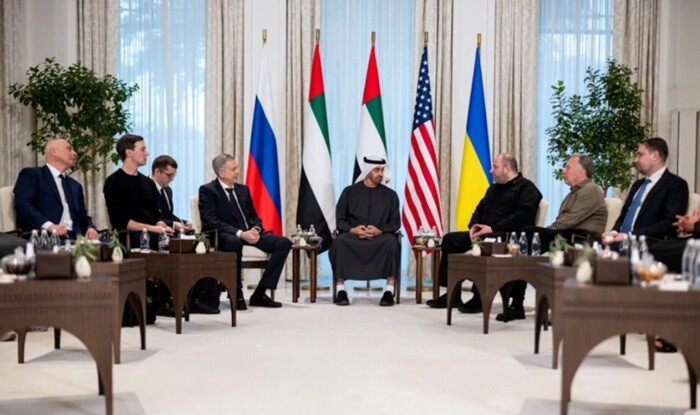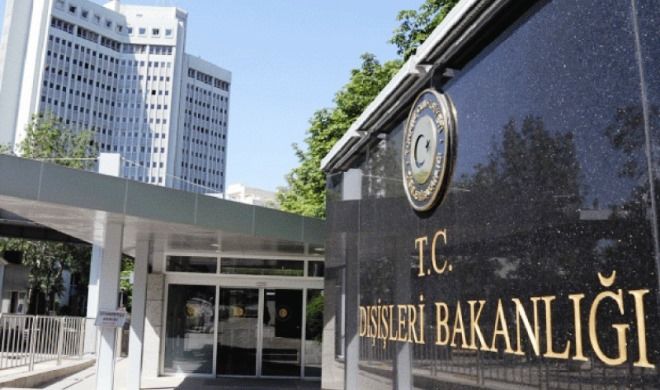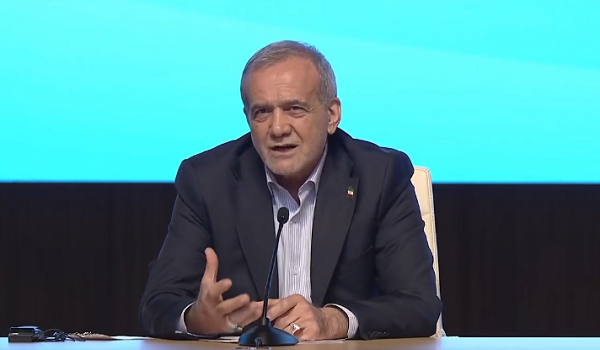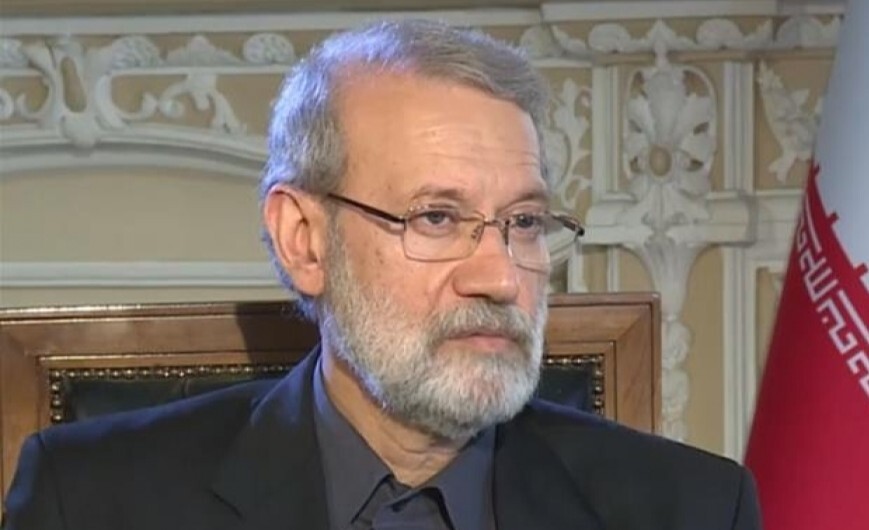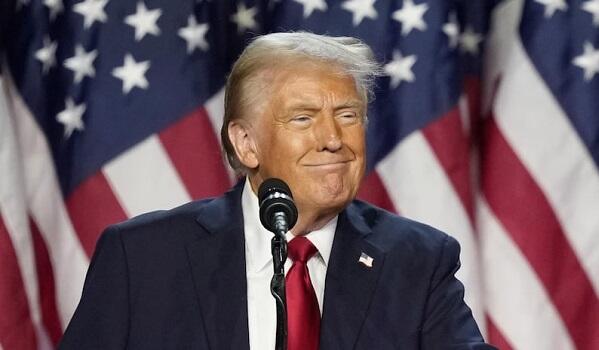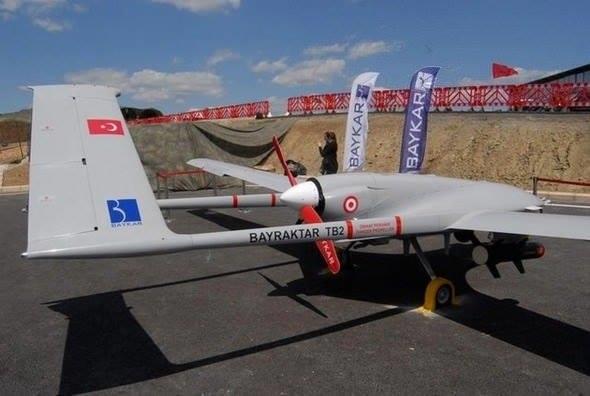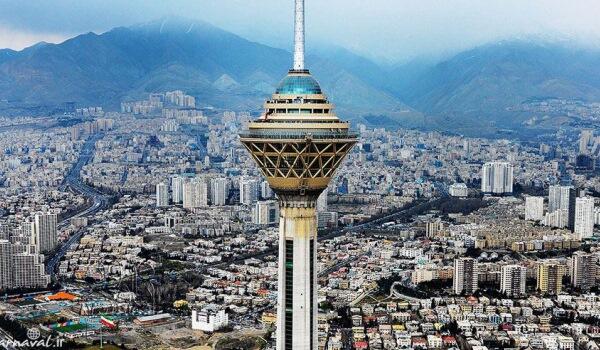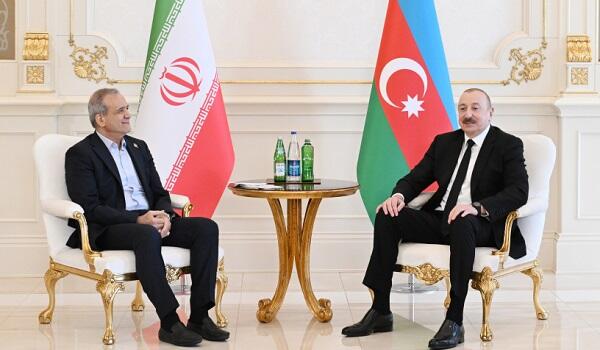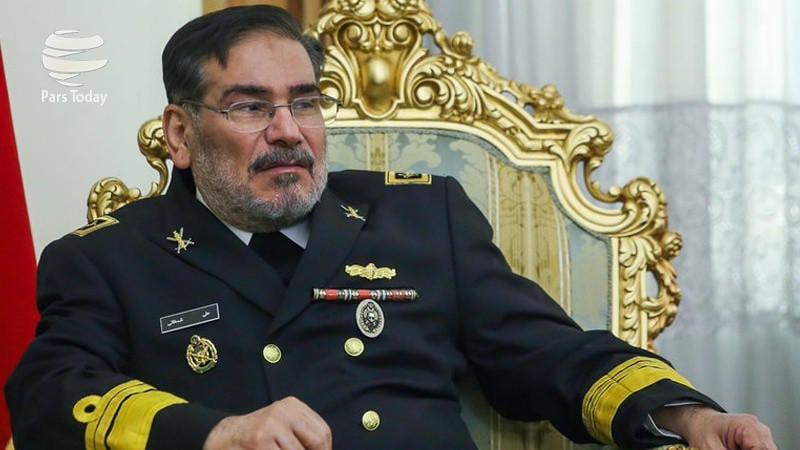Axar.az presents the article "Is India behind Kommersant's claims Of Pakistani fighters in Azerbaijan?" by Andrew Korybko.
The popular Russian business daily Kommersant ran a scandalous story on Wednesday alleging that Pakistani ammunition, weapons, and even fighters were dispatched to Azerbaijan several weeks ago to assist Baku's counteroffensive in Nagorno-Karabakh. The outlet mysteriously claimed that unspecified "informed sources in Peshawar" tipped them off about this, which coincided with Armenian Prime Minister Pashinyan publicly levelling these same allegations while speaking to Indian media around the same time. Kommersant also quoted Andrei Serenko from the Center for the Study of Afghan Politics to add credence to their scandalous report.
There's no reason to take this story seriously, however, for several reasons that will now be explained other than the fact that it was officially denied by both Azerbaijan and Pakistan. The first is that the use of unattributed sources requires a leap of faith to believe. Such claims can never be independently confirmed and could even be exploited. For instance, India hates Pakistan and an obvious interest in smearing its reputation. Keeping this in mind, it can't be discounted that its intelligence agencies passed the false allegation along to Kommersant under the cover of supposedly being from "informed sources in Peshawar".
It should be noted that Pakistani Prime Minister Khan publicly condemned his country's previous support of regional militancy. He's worked very hard to rehabilitate Pakistan's reputation since entering office over two years ago and has largely succeeded in this respect as evidenced by the support that he's received from the international community, both foreign governments and global media alike. It's extremely unlikely that he'd risk reversing all of that just for the sake of improving already excellent ties with Azerbaijan and Turkey like Serenko speculated, especially since Baku's counteroffensive is succeeding without the need for any foreign assistance.
Upon contemplating it, the scenario of an Indian information warfare provocation cannot be ruled out considering just how uncomfortable New Delhi is with the rapid rapprochement between Moscow and Islamabad in recent years. The driving motivation behind their decision to turn the page on their contentious Cold War history was shared anti-terrorist concerns stemming from ISIS' presence in Afghanistan. This in turn transformed into a full-fledged partnership over the past few years which includes annual joint anti-terrorist drills, diplomatic coordination in Afghanistan, agricultural and energy cooperation, and much more.
Although their relations aren't aimed against any third party, the current Indian leadership's US-influenced zero-sum mindset predisposes them to paranoia. They ridiculously fear that Pakistani intelligence has either captured control of Russian decision-makers or, even worse from their perspective, that Russia is willingly working with Pakistan to counter India. The first scenario is so absurd that it doesn't warrant any further comment while the second actually has a little bit of truth to it considering the fact that India is in a de-facto military alliance with the US nowadays due to these countries' shared desire to "contain" China.
To be clear, Russia doesn't intend to "contain" India with Pakistan, but Moscow's outreaches to Islamabad aim to maintain the Eurasian Great Power's delicate "balancing" act between Beijing and New Delhi. Without any recalibration of its regional strategy in response to the emerging US-Indian military alliance, Russia risks inadvertently provoking a "security dilemma" with China by making it appear as though it tacitly supports this growing threat to the People's Republic. The significance of growing Russian-Pakistani relations is that they put China's concerns to rest by signalling that Moscow places importance in developing ties with Beijing's ally.
In other words, Russia's improved relations with Pakistan restore "balance" to Moscow's "balancing" act by dismissing India's divide-and-rule innuendo that the Eurasian Great Power approves of the de-facto US-Indian military alliance. This indisputably works out to Russia's grand strategic interests of win-win cooperation with all but impedes India's envisioned zero-sum ones, the latter of which relate to its attempt to turn Moscow against Beijing and therefore doom Russia to being New Delhi's "junior partner" visi-a-vis the South Asian state's much more robust relations with Washington.
The key to actualizing India's grand strategic ambitions is to sabotage the Russian-Pakistani rapprochement which would in turn imbalance Russia's "balancing" act and set that scenario into motion for the earlier mentioned reasons. This explains why it's very likely that Indian intelligence sought to manipulate Kommersant into publishing false claims about Pakistan's export of ammunition, arms, and fighters to Azerbaijan in order to throw a wrench into their bilateral relations by making it seem like Islamabad is nowadays waging a proxy war against Moscow via Baku just like the powerful Armenian diaspora lobby falsely alleges that Turkey is doing.
There's also a more immediate tactical goal to be furthered by these false allegations that Indian intelligence was arguably involved in than just the long-term strategic one of sabotaging Russian-Pakistani relations. India is no longer all that interested in the North-South Transport Corridor (NSTC) transiting through Iran and Azerbaijan en route to Russia as a result of intense American pressure upon New Delhi to distance itself from Tehran. India and Israel also discussed the South Asian state's participation in Tel Aviv's proposed trans-Arabian corridor on the sidelines of the Mediterranean Dialogues forum in December 2019.
That initiative could function as a sanctions-free alternative to India's desired connectivity to Europe which it initially sought to actualize through the NSTC. Since the NSTC fell flat because of US sanctions pressure, the possibility exists for Russia to seek a pragmatic return on its existing investments by utilizing this corridor for the purpose of connecting with Pakistan. Iran's Chabahar, which was supposed to be the NSTC's centrepiece, might soon be paired with Pakistan's nearby Gwadar, which is the terminal port of China's Belt & Road Initiative's (BRI) flagship project of the $48-63 billion China-Pakistan Economic Corridor (CPEC).
From an Indian grand strategic perspective, any strengthening of Russian-Pakistani and Russian-Chinese relations via Azerbaijan and Iran would be disastrous and must therefore be preemptively stopped at all costs, ergo the very likely possibility that Indian intelligence sought to manipulate Kommersant to that end. Spreading false reports about the dispatch of Pakistani fighters to Azerbaijan on the basis of unspecified so-called "informed sources" could deal a death blow to Russia's alternative plans for the NSTC in the event that some impressionable decision-makers in Moscow fall for this information warfare narrative.
As it stands, however, this effort seems to have failed. Russian intelligence has thus far only made claims of Syrian and Libyan militants in Azerbaijan, not Pakistani ones, and these were in any case strongly denied by Baku and as well as Ankara which was also implicated. Islamabad hasn't been accused by Moscow of any involvement in those reports despite Pashinyan publicly levelling his accusations against it to Indian media last week. It can therefore be surmised that Russia doesn't pay any credence to those claims since it would have presumably reacted after the Armenian leader made them last week and not now in response to Kommersant.
There are several takeaways from this information provocation. The first is that unspecified sources shouldn't always be believed and might even be exploited by foreign intelligence agencies to push their agenda. Secondly, India has an interest in sabotaging the Russian-Pakistani rapprochement and Moscow's alternative plans for the NSTC that New Delhi de-facto pulled out of. Thirdly, the aforementioned insight reveals that India doesn't respect Russia's sovereign decision to develop ties with Pakistan despite asking for Moscow to respect its own ties with Washington. Lastly, Russia doesn't believe the latest reports, which might lead to it distrusting India.
